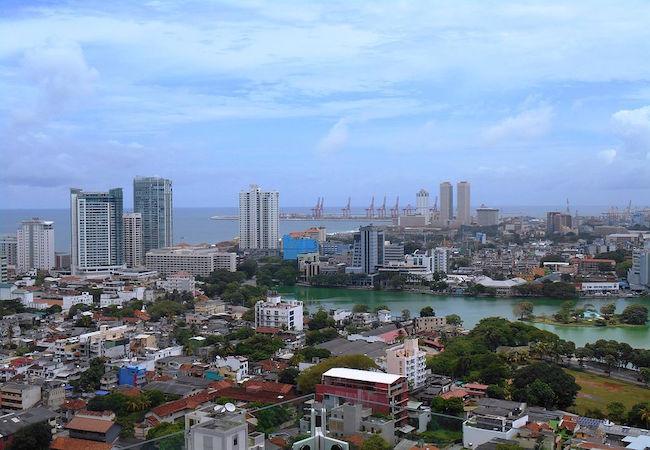Paradise in tears: Muslim- Sinhalese ethnic tensions in Sri Lanka

By Punsara Amarasinghe
Sri Lankans were looked for a change with sanguine hopes on good governance, reconciliation and development when the current president Maitreepala Sirisena came into power in 2015. However the great expectations yearned by Sri Lankans began to fade away with the lethargic, inefficient rule of the new government and the most recent ethnic tension in the island has become its’ worst nightmare. The anti-Muslim violence in Kandy, Sri Lanka has driven the nation to a deplorable situation and at least two people have been killed and eight other injured in the anti-Muslim riots occurred in the central province of Sri Lanka. Muslims are consisted of 10% of the population with the high concentration in the Eastern province of Sri Lanka and Sinhalese account for 70% of the population . The tension between the Sinhalese majority and Muslims emerged after Sri Lanka militarily defeated Tamil separatist movement by marking the end of 30-year-long bloody civil war in 2009. Not a single sign of hostility was erupted between Sinhalese and Muslims during the civil war era whereas some Muslim youth even joined the Sri Lankan defense forces. Nevertheless some hard line political agendas from both Sinhalese and Buddhist communities emerged in post war in Sri Lanka and their impacts strongly began to deteriorate the existed harmony between two ethnic communities.
Especially the rise of hard line Sinhalese Buddhist nationalist organizations during the former president Mahinda Rajapakshe’s era notably urged the Sinhalese Buddhist majority to boycott Muslim shops and creating Islamphobic narrative gutted the Muslim community considerably. Such a space set the path for the expansion of extreme Islamic ideologies like Wahhabism and it has been reported some of Sri Lankan Muslims joined ISIS in 2014. In fact those foolhardy acts done by Sinhalese Buddhist hardliners dragged the tension between Sinhalese and Buddhists for a bad edge in the recent past.
The above mentioned facts clearly indicate the ongoing violence against Muslims in Sri Lanka has been erupted as an outcome of the continuation of extremism and government’s inability to thwart the rise of ethno religious extremism has worsen the situation. Few days prior to the incident took place in Kandy groups of people set fire to Muslim owned business and attacked a mosque in the Eastern province of Sri Lanka after suspecting that Muslim hotel was adding contraceptives to food served for Sinhalese customers. This incident was portrayed as an existential threat for Sinhalese nation in social medias like Face Book and Twitter by some hardcore Sinhalese Buddhist groups and such provocative propagandas finally accelerated the speared of the events against Muslims.
However the accusation on Buddhist monks as the biggest agitators cannot be justified as many of the Buddhist monks have openly condemned the attacks against Muslims and more interestingly a Buddhist monk and few young Sinhalese Buddhists stayed spent the night at a mosque situated in Muruthalawa, Kandy to ensure its safety on 6th of March . In fact the despicable acts committed by few Sinhalese Buddhist fanatics, who are completely contradictory to the basic principles of Buddhism have disfigured the image of the nation badly.
The Government could not identify the danger or prevent it from the outset and the decision taken by the government to block social media temporality as a method to control the racist propagandas and declaration of state of emergency in the island will not be long standing solutions for the ongoing problem. Mainly the control of social media could be a double edge sword for the government as it has become an integral part of the island nation. Nevertheless if Sri Lanka fails to control the anti-Muslim agitation in this stage permanently it’s consequences could be severe as how Sri Lanka once learned some bitter lessons after failing to prevent 1983 July riots against Tamils, which eventually dragged the island nation for a brutal civil war. Especially the apathy of Sri Lankan government to tame the hardline Sinhalese Buddhist groups may create a sense of uncertainty among the Muslim minority and its end can lead to another gruesome armed struggle in future.
Punsara Amarasinghe is a PhD candidate in International Law at Higher School of Economics in Moscow. He holds LL.B from University of Colombo and LL.M from South Asian University, New Delhi. His research areas include International Law, Critical legal studies, and colonial history of South Asia.




